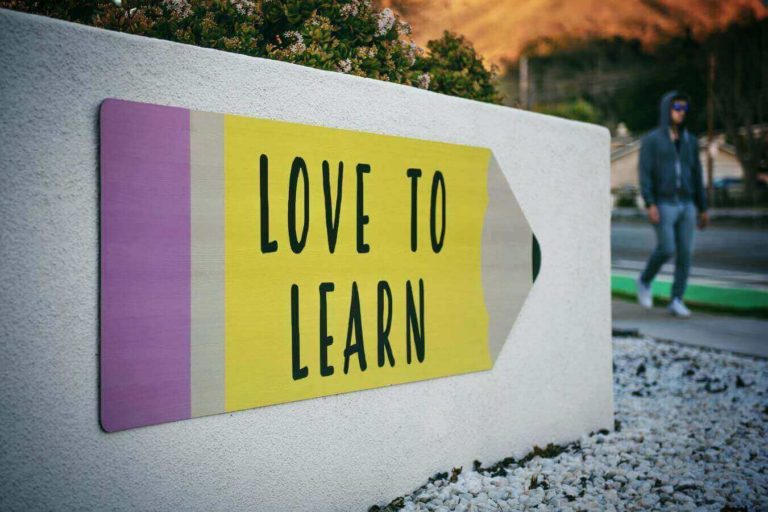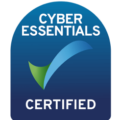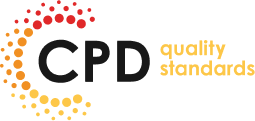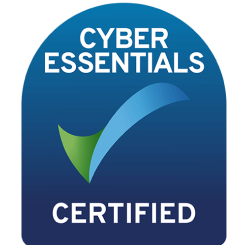The field of TESOL is starting to attract quite some competition. So for standing out, knowing what tools to keep in your box will better prepare you. Here is a breakdown of the academic qualifications and certifications you’ll need. How you might want to pick such a program, the challenges associated, etc., also have been covered in detail. Keep scrolling to learn more.

What Are The Required Qualifications To Become An ESL Instructor?
As mentioned repeatedly, much depends on the employer when it comes to TESOL. But we can easily talk about what employers most commonly look for.
Generally speaking, an undergraduate degree is asked for as a mandatory qualification. Some employers might expect you to have a Bachelor’s in a related discipline. Examples of related disciplines are English literature, language, Education, etc.
Some employers might not be too particular about your Undergraduate subject. But in that case, it will be expected of you to bring some legit TESOL Certification to the table.
There’s more on the types of TESOL Certification later in this article.
How To Choose A Degree Or A Certificate Program?
There is a reason this question is asked so much. Teaching ESL or EFL has no certificate that acts like a silver bullet. In other words, you need to make an educated choice here. Because, there are rather tons of options, good or bad, to choose from.
Whether the choice you are making is a good one will often vary situationally. Because the way TESOL Certifications are evaluated depends on the place, the purpose and the employer.
But if you are willing to learn about the common demands, then there are some. Broadly speaking, there can be two types of TESOL Certification- Graduate certificates and independent certificates.
Are you thinking of going to college the first time, and interested in a TESOL career later? Then doing a Bachelor’s in a related field, or in TESOL directly, would be a wise choice. If you already went to college, and want to make a switch now, look up for MA in TESOL options.
Sometimes, if your undergraduate is not too related to this field, then getting admission in a graduate program can be challenging. In that case, completing independent certification programs is your best option. If credible, they can be very helpful and well-received by employers. On that note, it’s important to remember one thing. Most employers usually prefer a TESOL certification of a minimum hundred credit hours.
Things To Be Careful About
Today, TESOL Certification is a highly potent subject. And like any other talked-about field, it has attracted its fair share of counterfeits and shams.
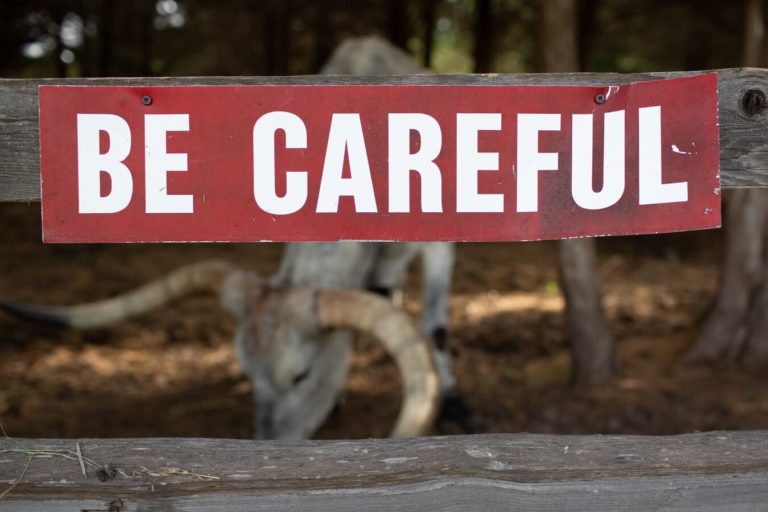
It’s obvious that if you want to be an ESL teacher, TESOL certification is important. So being careful about the legitimacy of your TESOL certification is of utmost importance. Because a lot of certificate providers have mushroomed the market today. In exchange for your money, they might provide you with a certificate. But unless that certification is well-recognized, it might be of little to no use.
So, how to recognise a legit TESOL Certificate? Check their course outlines, graduate history and accreditations. Are they showing an accreditation that doesn’t seem legitimate? Does their course outline seem insufficient? If things feel shady, not signing up is a good idea.
Also, if things seem too good to be true, then it’s an obvious red signal. For example, extremely low cost, disproportionate free offers, superfast course completion, etc. On that note, usually, employers ask for TESOL Certifications with rigorous study hours (preferably not under 100 credit hours).


![]() 17 minutes
17 minutes









